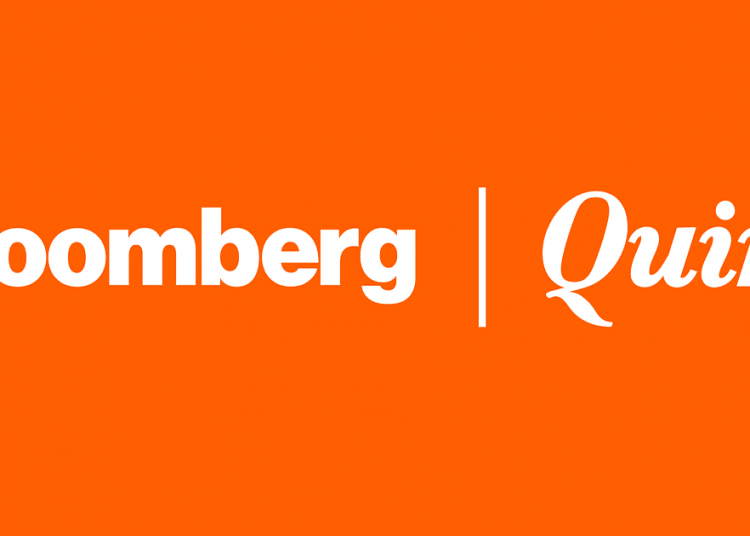(Bloomberg) — Lucid Motors Inc. is merging with a blank-check company run by financier Michael Klein that values the combined entity at a pro forma equity value of $24 billion, the biggest in a series of deals involving electric-vehicle startups cashing in on investor appetite for battery-powered cars.
The carmaker has shied away from comparisons to market leader Tesla Inc., but the public listing positions it to compete for a slice of what’s expected to become a rapidly growing market for EVs. The deal, which confirms an earlier Bloomberg News report, will generate about $4.4 billion in cash for the 14-year-old company, which plans to use the newly acquired funds to bring vehicles to market and expand its factory in Arizona.
Lucid is the latest beneficiary from a wave of investment targeting EV startups and next-generation automotive technology suppliers, sparked in part by a rally in Tesla shares over the past year as Wall Street seeks to match up investors with once-private ventures.
The reverse-merger represents the largest injection of capital into Lucid since Saudi Arabia’s Public Investment Fund invested more than $1 billion in 2018. The agreement included a $2.5 billion private placement in public equity, or PIPE, the largest of its kind on record for a deal with a special-purpose acquisition company. It was led by existing investor PIF as well as BlackRock, Fidelity Management, Franklin Templeton, Neuberger Berman, Wellington Management and Winslow Capital, according to a joint statement from Lucid and Churchill Capital Corp IV, the acquisition company.
The placement sold at $15 a share — or a 50% premium to Churchill’s net asset value — which translates into about $24 billion in pro-forma equity value, the companies said. The combined company has a transaction equity value of $11.8 billion.
Shares of Churchill fell as much as 26% in after-hours trading after closing at $57.37.
The SPAC is the largest run by Klein, a former Citigroup Inc. investment banker who has played a prominent role in guiding the Kingdom of Saudi Arabia’s investments, serving as an adviser to the PIF. Among other deals, he advised on the Saudi Aramco initial public offering.
The Lucid transaction is expected to close in the second quarter.
The market capitaliztion of Lucid is just a fraction of Tesla’s almost $690 billion valuation, but not bad for a luxury electric-vehicle maker that has yet to build its first car. Chief Executive Officer Peter Rawlinson has stated repeatedly that Lucid is not a direct competitor to Tesla because his company’s price point is beyond the mass market buyers Elon Musk aspires to reach.
But there are signs of a budding rivalry.
The Newark, California-based company — the headquarters of which are just 16 miles from Tesla’s in Palo Alto — says its first EV will go the distance against the longest-range Model S sedan. Lucid’s new factory arose out of the Arizona desert as fast as Tesla’s latest quick-build plant in China. And growing interest in the startup and its CEO has drawn the ire of none other than Musk.
Rawlinson and Musk have a complicated history. The Lucid CEO was chief engineer on Tesla’s flagship Model S, but Musk has downplayed his role in its development and also accused him in a tweet of leaving “in the lurch just as things got tough” in 2012.
















